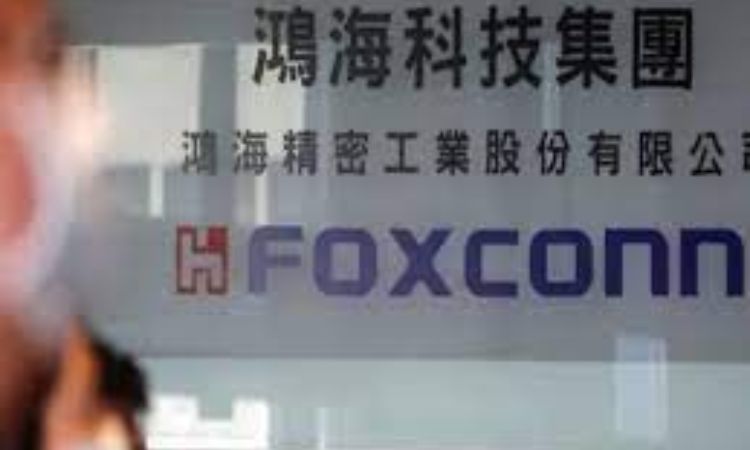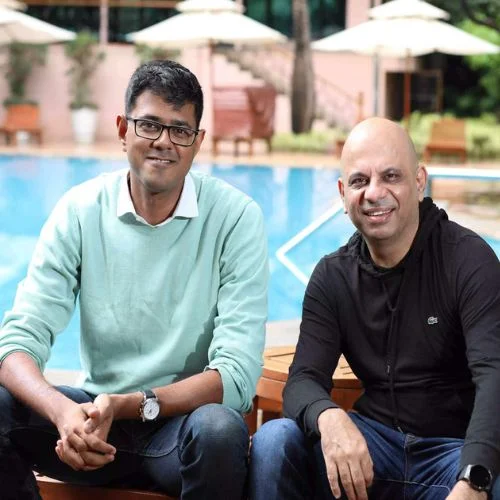South Korean prosecutors have filed a sealed indictment against former Samsung executive Choi Jinseog, alleging his involvement in stealing trade secrets to benefit Taiwan’s Foxconn. The indictment, reviewed by Reuters, reveals details of the case, including Choi’s alleged actions and the damages incurred by Samsung Electronics. While Choi denies all charges, the indictment sheds light on his consultancy firm, Jin Semiconductor, and its acquisition of confidential information from Samsung’s suppliers. This article explores the key developments and legal proceedings surrounding the case.

Image@ Credit- Firstpost
Choi’s Contract with Foxconn and Alleged Trade Secret Theft:
In 2018, Choi’s consultancy firm, Jin Semiconductor, secured a contract with Foxconn. According to the indictment, Choi unlawfully recruited numerous employees from Samsung and its affiliates within months of winning the contract. The prosecutors assert that Choi illegally obtained trade secrets related to chip manufacturing and cleanroom management from two contractors working with Samsung. Cho Young-sik, an employee at Samoo Architects & Engineers, allegedly provided Jin Semiconductor with confidential information on semiconductor cleanroom management. Additionally, Chung Chan-yup, an employee at HanmiGlobal, is accused of leaking blueprints and floor layouts of Samsung’s chip plant in China to Choi’s company.
Denial of Charges and Disputed Trade Secrets:
Choi, through his lawyer Kim Pilsung, vehemently denies the charges presented in the indictment. Kim argues that the information Choi obtained is not exclusive to Samsung and is publicly available. He asserts that the alleged stolen data does not relate to chip design or manufacturing. Furthermore, Kim challenges the significance of the obtained factory layout, citing the availability of satellite imagery from sources like Google Maps. Notably, Foxconn has refrained from commenting on the ongoing investigation, emphasizing adherence to laws and regulations.
Implications and Damages:
Prosecutors estimate that Samsung Electronics suffered damages exceeding $200 million due to the stolen trade secrets. The indictment highlights the confidentiality measures Samsung employs to protect its proprietary materials, restricting access to authorized individuals within the company and its partners. Choi, a former prominent figure in South Korea’s chip industry, worked at Samsung for 17 years and later contributed to the turnaround of rival chipmaker SK Hynix.
China Link and Foxconn’s Involvement:
Choi signed a preliminary consulting contract with Foxconn in 2018, aiming to establish a chip factory, potentially in Xian, China. However, Foxconn terminated the contract after a year, making partial payments related to the project. The reason for the contract termination remains undisclosed. Prosecutors discovered that Foxconn had agreed to contribute 8 trillion won ($6 billion) for the factory’s construction. Furthermore, Foxconn made regular payments of several million dollars to Choi’s company until the contract’s cancellation.
Trial and Possible Motivations:
Choi, along with five other former and current Jin Semiconductor employees and a Samsung contractor employee, will face trial on July 12. Choi’s lawyer suggests that his client may be a scapegoat in a larger campaign by the South Korean government to impede China’s progress in chip manufacturing. The lawyer hints at a rivalry between China and the United States, speculating that the government aims to prevent technology leaks to China.
Conclusion:
The indictment against former Samsung executive Choi Jinseog sheds light on the alleged trade secret theft and its ramifications for Samsung Electronics. The case involving Choi’s consultancy firm, Jin Semiconductor, and its connection to Foxconn has garnered attention, although Foxconn has not been accused of any wrongdoing. As the trial approaches, the legal proceedings will reveal further details about the alleged theft and its impact on the competitive landscape of the chip industry.















